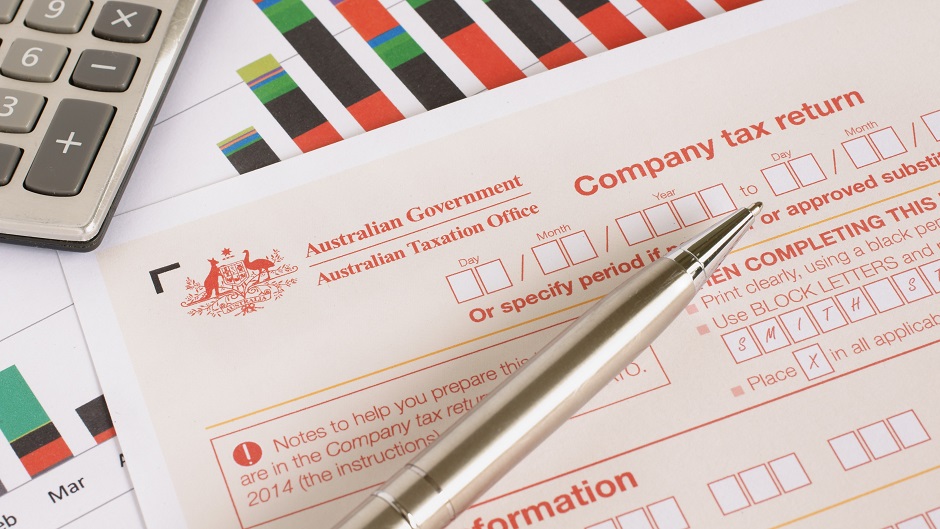The Department of Home Affairs is on the lookout for businesses underpaying visa holders, announcing a data exchange with the Australian Taxation Office (ATO).
The agreement will see the records of around 280,000 individuals shared between the two government agencies.
The aim is to target non-compliance with visa conditions, both of individuals and business sponsors.
“We will use the data provided by the ATO for compliance purposes, such as considering whether a sponsor has breached their sponsorship obligations, or whether a visa holder has breached their visa conditions,” said the Department of Home Affairs in a factsheet.
“Where we identify potential breaches of sponsorship obligations and/or visa conditions, we will follow existing processes for taking any action in relation to a potential breach. These processes include providing the sponsor/visa holder an opportunity to respond to the concerns raised.”
If any of the data reveals evidence of noncompliance, the Department will “follow existing processes for taking any action in relation to a potential breach”, which includes allowing the sponsor/visa holder to respond to the concerns raised.
Currently, 482 and 457 visa holders are protected under the Migration Act 1958, which requires sponsors to provide foreign workers “with equivalent pay to that of any Australian employee who has the same occupation”.
However, in recent times there have been a number of cases of businesses underpaying skilled migrants.
A 2017 report found that 23% of 457 visa holders were paid less than $18 an hour – which was well below the Temporary Skilled Migration Threshold of $53,900 when converted into an annual income.
In 2014, an audit by the Fair Work Ombudsman found that 40% of foreign workers employed under the 457 visa were being underpaid.
The Department of Home Affairs confirmed in the factsheet that although the ATO is the “source agency” in the agreement, it will also provide the ATO with data as part of the exchange.
This will include the name, address and date of birth of clients who have been holders of Temporary Work (Skilled) (subclass 457) or Temporary Skills Shortage (subclass 482) primary visas in the past three financial years.
How it works
There are a number of safeguards in place as part of the agreement to ensure that all the data shared is done so securely.
The Department of Home Affairs stipulates that all data received from the ATO that is not used will be destroyed within 90 days.
The data exchanged will also be encrypted using a secure internet-based transfer facility.
The program was previously trialed on a pilot basis in November 2017 using a sample of 500 records, which did not result in any compliance action being taken.










